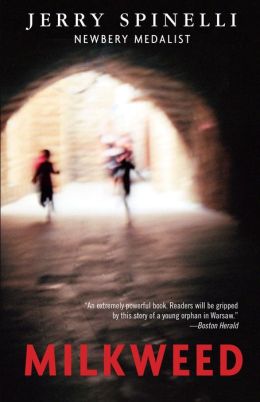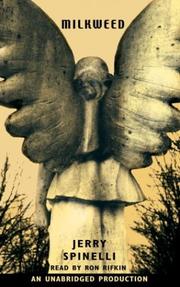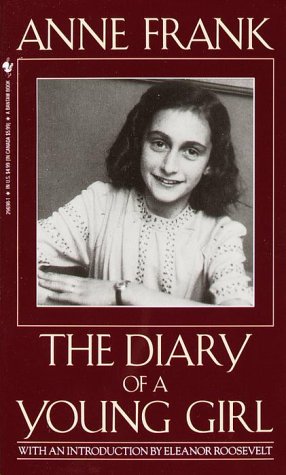For this literature circles meeting we have finished reading all 208 pages of Milkweed, by Jerry Spinelli. And for this meeting I have completed the role of Connector, and six other jobs that were completed during previous meetings. I have chosen several examples in which I could see myself, and many others, as well as made me remember events that happen in my life, both recently and from a couple of years ago. When sharing my connections, all of my group mates have agreed that they also see themselves in these connections.
Connection 1:
Paragraph (that inspired my connection): "We smuggled every night. On the way over, Janina stayed far behind. Sometimes I turned
My connection: For the longest time now Nina and I have had this game going,
Connection 2:
Paragraph (that inspired my connection): "'This year you will celebrate with us,' said Mr. Milgrom.
He meant the holiday called Hanukkah. It was the first Jewish word I had learned."
My connection: I relate to this with how Nina and I have been spending much time together, during the holiday seasons of this year. An example of this is how Nina and I had spent early January together, when we went to Kopaonik with each other and our parents. There we spent much time both together and with our parents and experienced the joys of being together, which is something that both Janina and Misha experienced. And that too me is something both extraordinarily simillar and yet so different. We have not experienced the hardships that they have but the friendship they share.
Connection 3:
Paragraph (that inspired my connection): "After more staring, he said, 'Were you ever cold, and then you were warm?'
I thought of sleeping with the boys under the braided rug: cold, then warm. 'Yes!' I blurted. 'Was that happy?
He smiled. 'That was happy.''"
My connection: This connection corresponds with the second, it reminded me of my and Nina's friendship. How close we've become, just as they have. It also reminded me of times with my family, times that make you warm. While speaking about this particular connection with my group we also discussed, funnily enough, how nice sleeping is. Which is very although odd, warm too. Conversations like that, ones that make you laugh and well, happy are ones that also brought me back to this moment in the novel.
Paragraph (that inspired my connection): "When she finished eating the egg, she hugged her father and said, 'thank you'
'Thank Misha,' he said 'It was his idea. He found it on the other side.'
She hugged me. I was surprised she could squeeze so hard."
My connection: This moment is one not necessarily connected to me, but everyone. This moment is one where a someone goes out on a limb, so to speak, to make the other happy, and moments like these are also quite warm moments.












